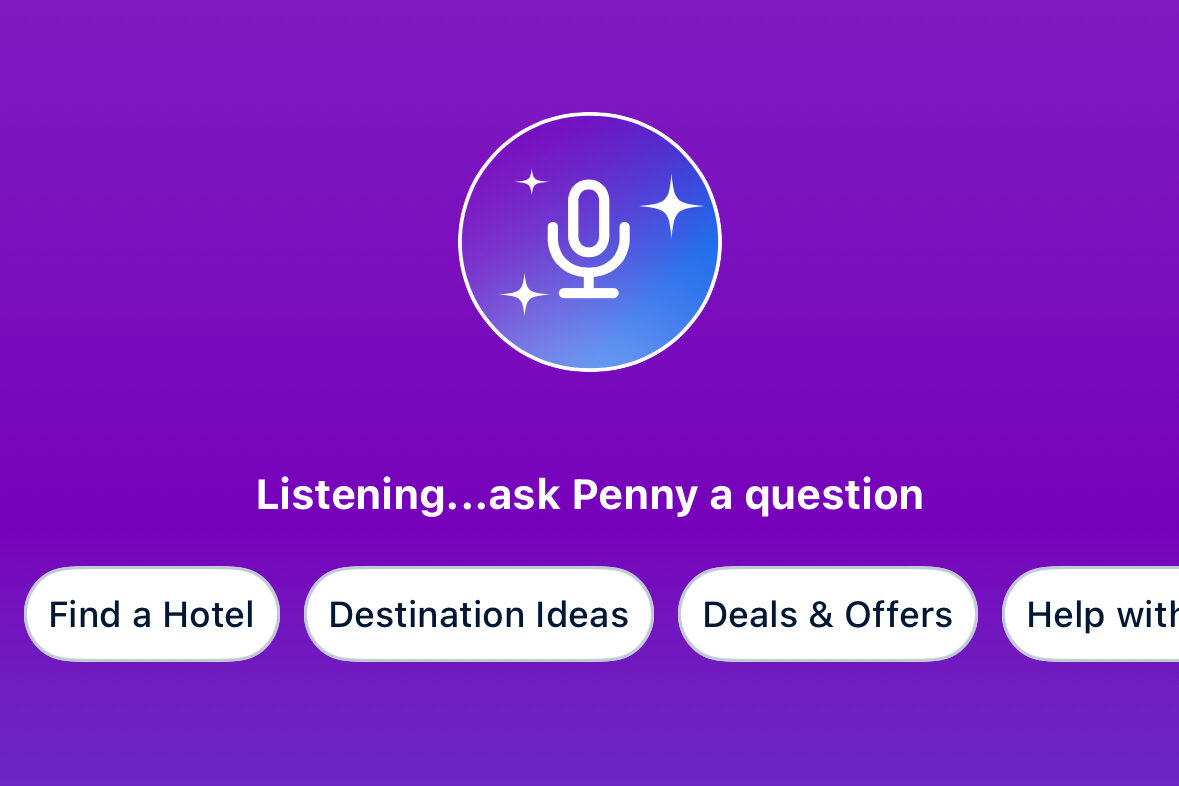Booking Holdings Downplays Concerns That Agentic AI Platforms Will Displace It

Skift Take
Glenn Fogel, the CEO of Booking Holdings, said he's been at the firm for nearly 25 years, and has heard it all before how emerging and disruptive technologies would "disintermediate" his company.
He said years ago the talk was that hotels were going to build great websites and take direct bookings, and later it was "Google was going to get rid of us etc."
Fogel said he's not surprised that the rise of generative AI has raised similar questions.
"One of the great things about this company is our our ability to evolve, adapt, use all of resources, our technological knowledge, the tremendous ability of our our people, capital," Fogel told analysts during the company's fourth-quarter earnings call. "In terms of agentic AI, one of the impo

